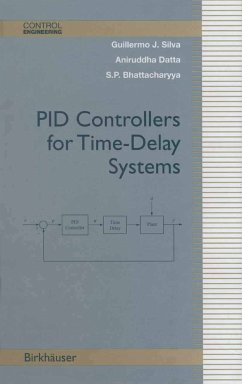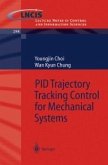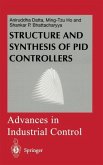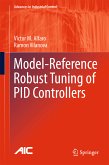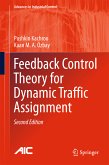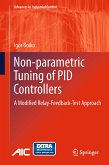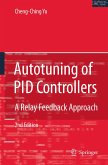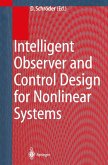The results presented here are timely given the resurgence of interest in PID controllers and will find widespread application, specifically in the development of computationally efficient tools for PID controller design and analysis. Serving as a catalyst to bridge the theory--practice gap in the control field as well as the classical--modern gap, this monograph is an excellent resource for control, electrical, chemical, and mechanical engineers, as well as researchers in the field of PID controllers.
Dieser Download kann aus rechtlichen Gründen nur mit Rechnungsadresse in A, B, BG, CY, CZ, D, DK, EW, E, FIN, F, GR, HR, H, IRL, I, LT, L, LR, M, NL, PL, P, R, S, SLO, SK ausgeliefert werden.
This book is a systematic presentation of many important aspects of the authors' work on PID control with emphasis on time-delay systems. The book describes the set of PID controllers that stabilize the system and explains how to use this set to design PID controllers that achieve robustness, nonfragility, and improved performance....
The book is of interest to practicing engineers, graduate students, and researchers working in the systems and control area. The authors do an excellent job presenting the materials systematically, striking a balance between mathematical rigor and accessibility to average readers. The book contains numerous diagrams and many illustrative examples to enhance its readability...[and] is very well written and can be used for self-study and as a reference." -IEEE Control Systems Magazine
"This monograph presents some recent results on the proportional-integral-derivative (PID) controller and its design, analysis and synthesis.... It seems that these results are timely and in line with the resurgence of interest in the PID controller and the general rekindling of interest in fixed- and low-order controller design. As is known, there are hardly any results in modern and postmodern control theory in this regard, while such controllers are the ones of choice in applications.... It is hoped that the monograph will act as a catalyst to bridge the gap between theory and practice and also the gap between classical and modern control theory." -Mathematical Reviews

